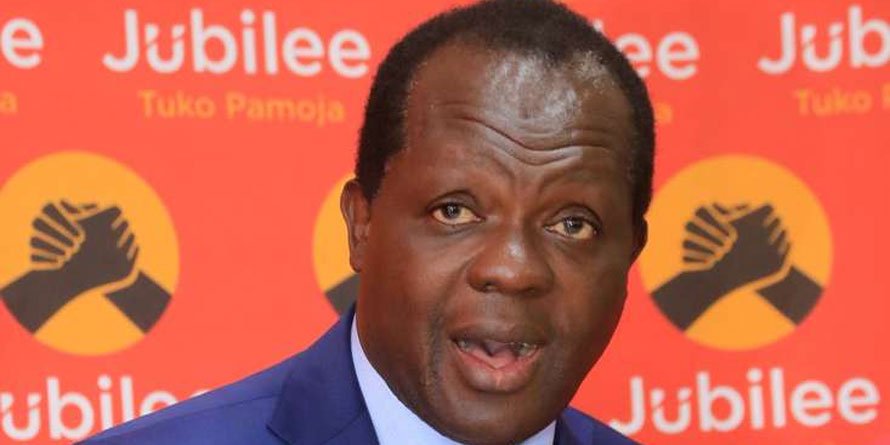Political parties should use taxpayers’ money prudently and account for every shilling received from the Exchequer.
Just like other State agencies, political parties should be accountable and use the funds in activities that can help them grow and benefit members.
Political parties play a critical role in strengthening democracy and promoting good governance. The absence of financial prudence in political organisations can affect democracy.
Auditor-General Nancy Gathungu expressed a qualified opinion on the ruling Jubilee Party’s financial statements for the year to June, an auditing term meaning that there were information gaps in its balance sheet.
Ms Gathungu particularly took issue with Sh156 million that was, according to the party, paid to suppliers but whose supporting documents were not provided. The Auditor-General also queried rents paid by the Jubilee Party totaling Sh87.4 million, over non-registration of lease agreements.
Jubilee Party officials need to respond to the concerns raised and ensure the money allocated to then is used well. The money is not for lining corrupt party officials’ pockets and extending favours to families and friends.
Central Bank of Kenya. FILE PHOTO | NMG Kenya’s imports from Tanzania have exceeded its exports to the East African Community(EAC) partner state for the first time in decades, signalling improved trade flows under President Samia Suluhu’s administration.
Fresh data by the Central Bank of Kenya (CBK) shows that Kenya’s imports from Tanzania grew nearly three-quarters in the six months to June 2021 compared with a year earlier—coinciding with the thawing of trade ties between the two nations.
The value of goods ordered from Tanzania — including cereals, wood, and edible vegetables — hit a high of Sh18.29 billion in the review period, according to data from the Kenya Revenue Authority (KRA) published by the CBK.
The 70.06 percent surge in goods bought from Tanzania outpaced that of exports, which grew at a five-year high, resulting in a rare trade deficit of Sh1.02 billion.
The CBK data shows exports to Tanzania — including pharmaceutical products, plastics, iron, and steel — bumped 21.39 percent to Sh17.27 billion, the highest since the first half of 2016.
President Uhuru Kenyatta and his Tanzanian counterpart, Ms Suluhu, early May pledged to end persistent strained trade relations between the two largest economies in the six-nation EAC bloc which have, for years, hindered the smooth flow of goods and services.The Tanzanian president’s visit to Nairobi — which, among others, saw the two countries sign a deal to build a […]
